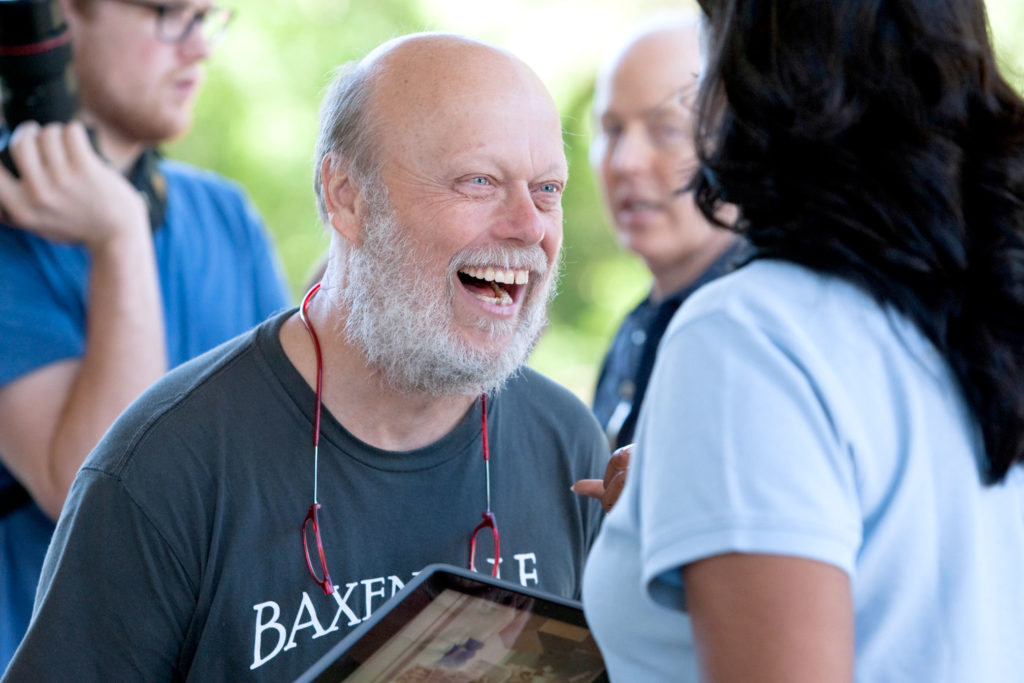Bud Freeman has been appointed director of the Georgia Museum of Natural History at UGA effective Jan. 1, pending approval of the University System of Georgia Board of Regents. Freeman succeeds Jeff Lewis, who served as interim director from Oct. 1, 2002, to Dec. 31, 2003.
Lewis will continue in his full-time appointment as director of the State Botanical Garden of Georgia.
Freeman has been associated with the museum for a number of years, beginning in 1976 when he was appointed assistant curator of zoology. A senior public service associate with the Institute of Ecology, he was appointed assistant director of the museum in 2002.
He holds a bachelor’s degree in microbiology from UGA, a master’s degree in biology from Samford University, and a doctorate in zoology from UGA.
His professional work has focused primarily on measuring, describing and preserving native species diversity and abundance in southeastern streams and rivers.
He has worked closely with various state and federal agencies, and is well-known to resource-management and regulatory agencies, community governments and private consultants.
His work has included use of remote sensing and other technologies to quantify river basins and watersheds harboring remnant endemic communities
Ongoing projects include investigation of the effects of water supply development on threatened and endangered species, studies of systematics and recovery of threatened populations of catostomid fishes, and development of distributional databases of fishes in the Apalachicola and Mobile basins of Georgia.
Freeman is well known for the rediscovery of the robust redhorse (Ptychostomus robustus), a fish species previously thought to be extinct.
Founded in 1978, the Georgia Museum of Natural History is a unit of the university and is located in Athens.
The museum encompasses 12 collections: acarology, archaeology, entomology, geology, herpetology, ichthyology, invertebrate zoology, mammalogy, mycology, ornithology, plant biology and zooarchaeology.
